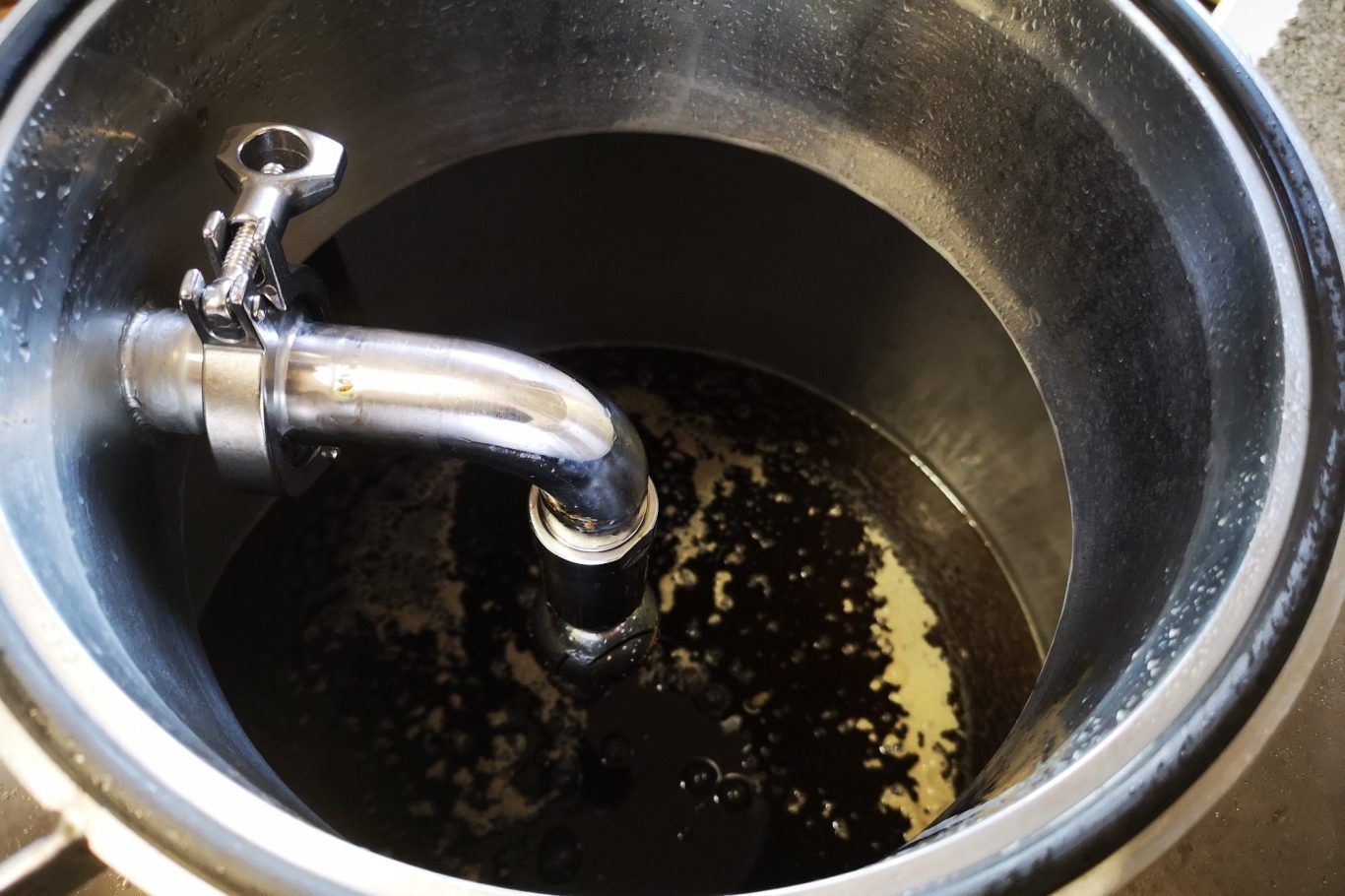The Importance of Water in Brewing: Quality and Chemistry
- Water as the Foundation: When it comes to brewing, water is the foundation upon which everything else is built. It typically makes up around 90-95% of the beer's composition. Its mineral content, pH level, and overall composition have a direct influence on the brewing process and the final product. Even subtle changes in water quality can significantly impact the flavor profile of a beer.
- The Role of Minerals: Water is never just H2O; it contains a range of minerals and ions that affect the brewing process. The most critical minerals include calcium, magnesium, sodium, sulfate, and chloride. These minerals not only influence the taste and mouthfeel of the beer but also impact various brewing parameters such as enzymatic activity, yeast performance, and pH control. Brewers can adjust these minerals to create specific beer styles or replicate regional water profiles.
- pH Balance and Enzymatic Activity: Maintaining the correct pH balance during mashing and sparging is vital for the enzymatic activity that converts starches into fermentable sugars. Different beer styles require specific pH ranges to optimize enzymatic reactions. The alkalinity of water, which measures its ability to neutralize acids, plays a crucial role in maintaining the desired pH level throughout the brewing process.

- Impact on Hop Utilization: Water chemistry also affects hop utilization, specifically the extraction of bittering compounds and aromatic oils. The presence of certain minerals, such as sulfate, can enhance the perception of hop bitterness, while chloride can contribute to a softer and fuller mouthfeel. Brewers carefully consider these mineral ratios to balance bitterness and enhance hop flavors, ultimately shaping the beer's overall character.
- Regional Water Profiles and Beer Styles: Historically, different beer styles evolved in various regions due to the specific water profiles available. Famous brewing cities like Pilsen, Burton-on-Trent, and Dublin owe much of their brewing traditions to the unique properties of their local water sources. Today, brewers can adjust their water chemistry to replicate these regional profiles or create unique interpretations of classic styles.
Water is an unsung hero in the brewing world, playing a vital role in determining the quality, flavor, and character of beer. Its mineral content, pH balance, and overall chemistry interact with malt, hops, and yeast to create the magic that fills our glasses. Understanding the importance of water in brewing allows brewers to fine-tune their recipes, craft exceptional beers, and explore new horizons in the world of brewing. So, the next time you raise a glass of your favorite brew, take a moment to appreciate the crucial role water has played in its creation. Cheers to the unsung hero of brewing!
© Copyright. All rights reserved.
We need your consent to load the translations
We use a third-party service to translate the website content that may collect data about your activity. Please review the details in the privacy policy and accept the service to view the translations.
